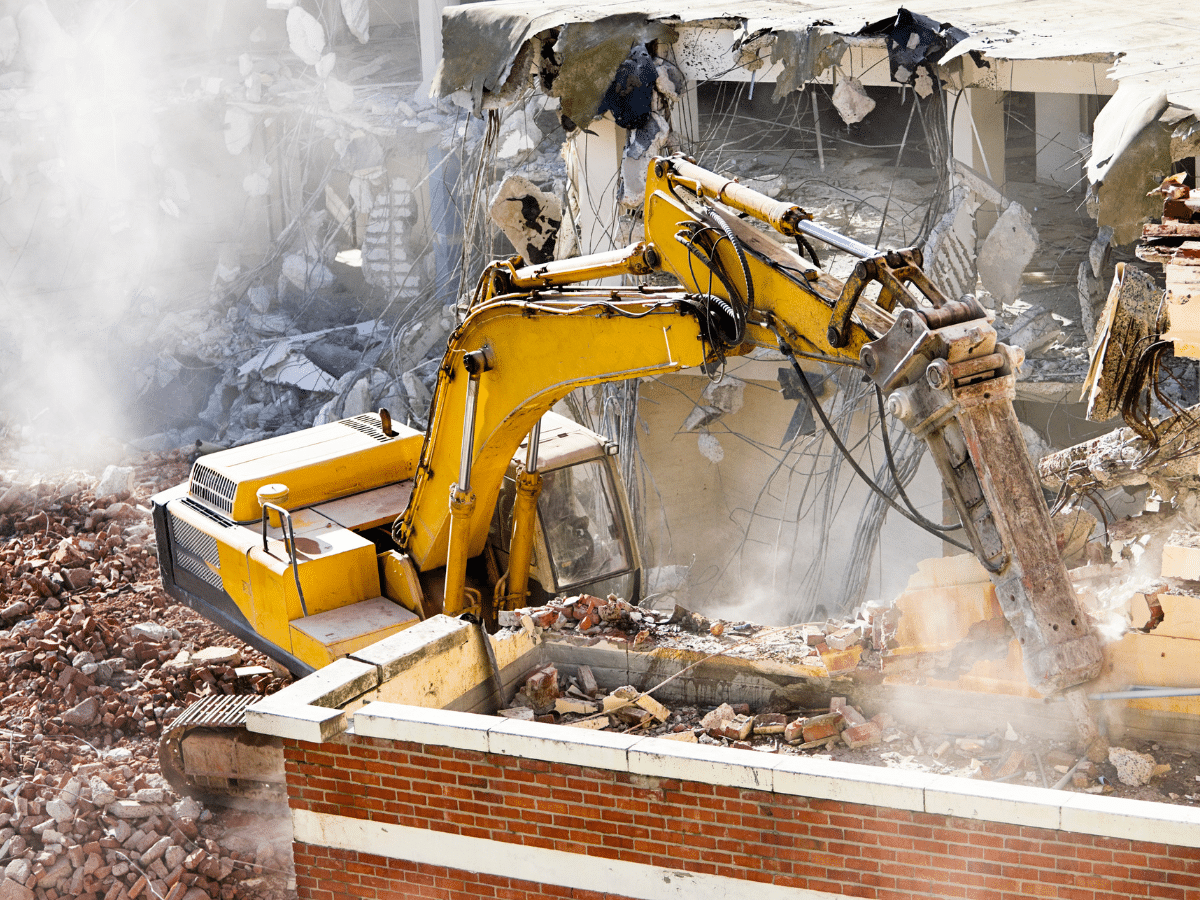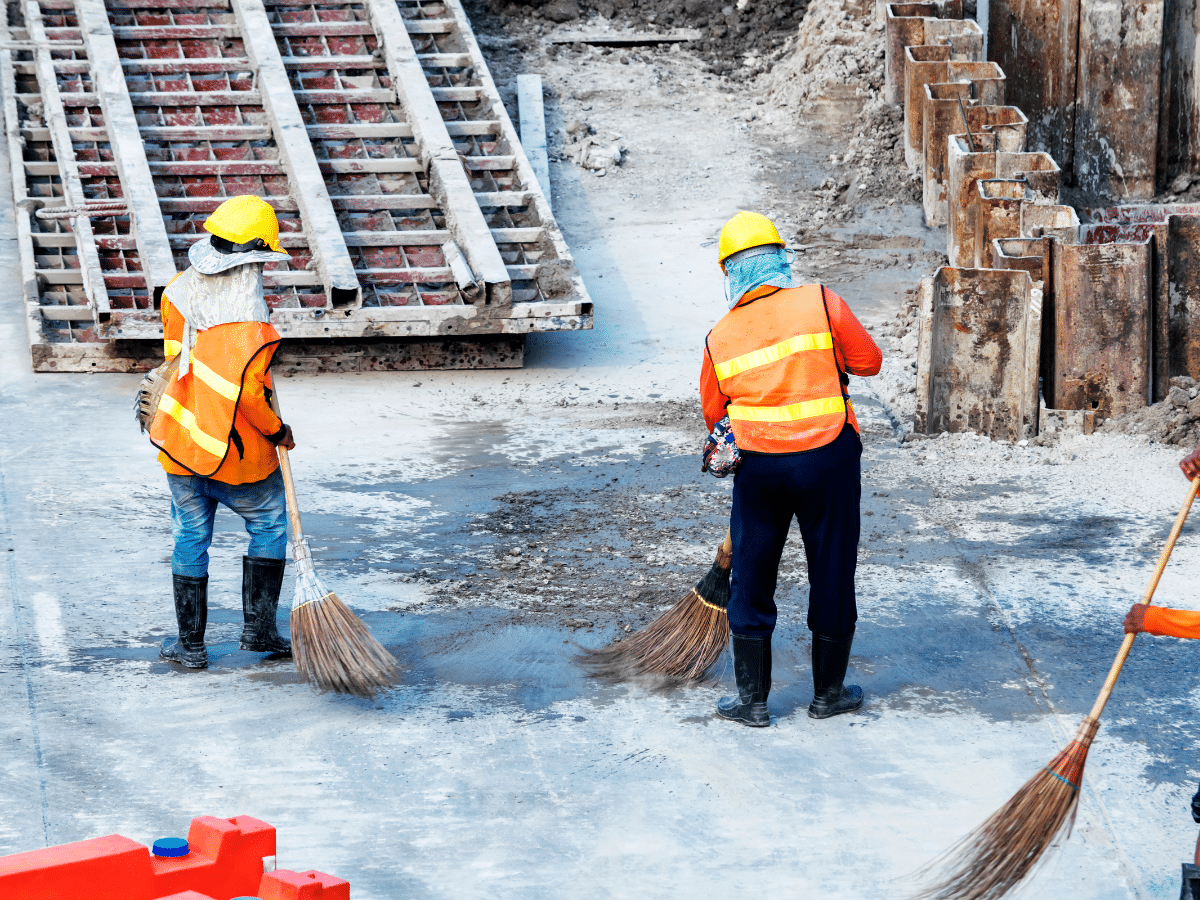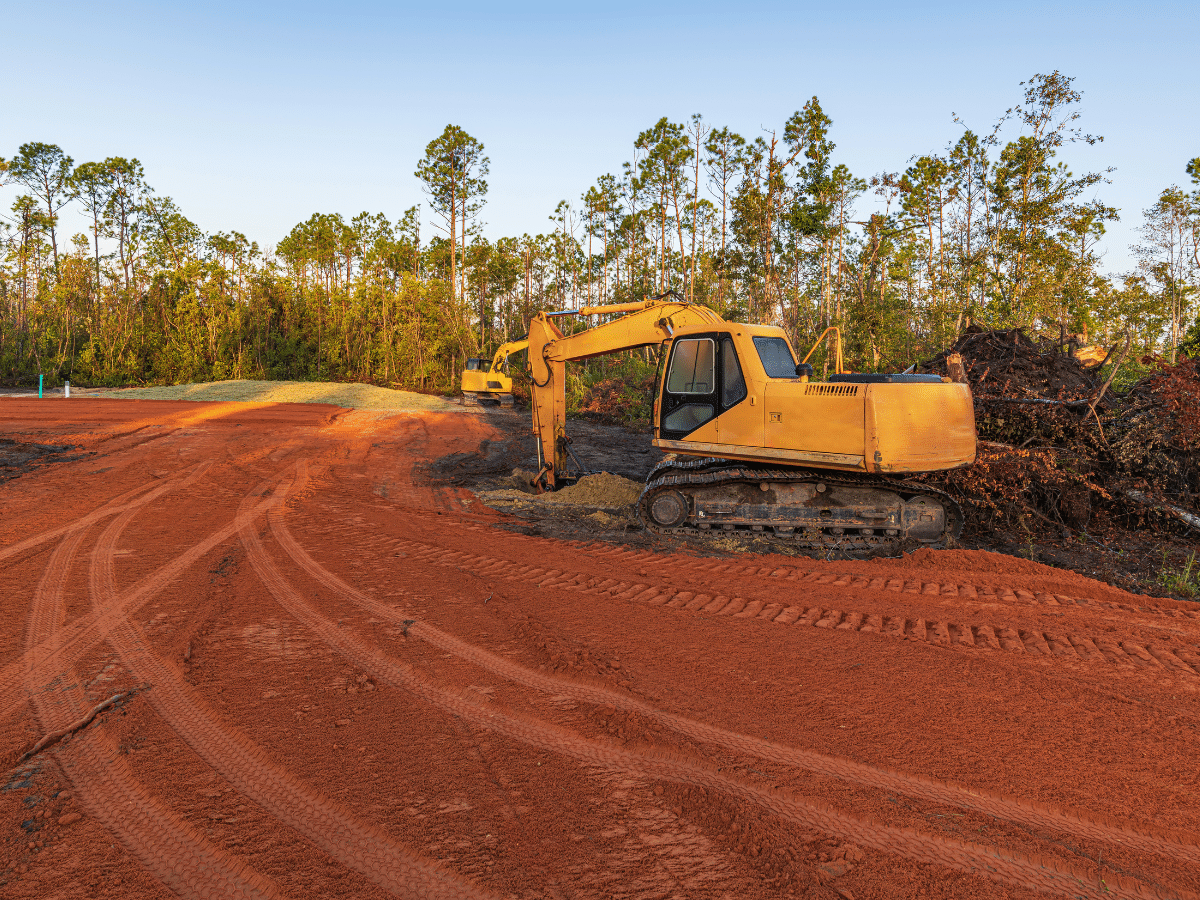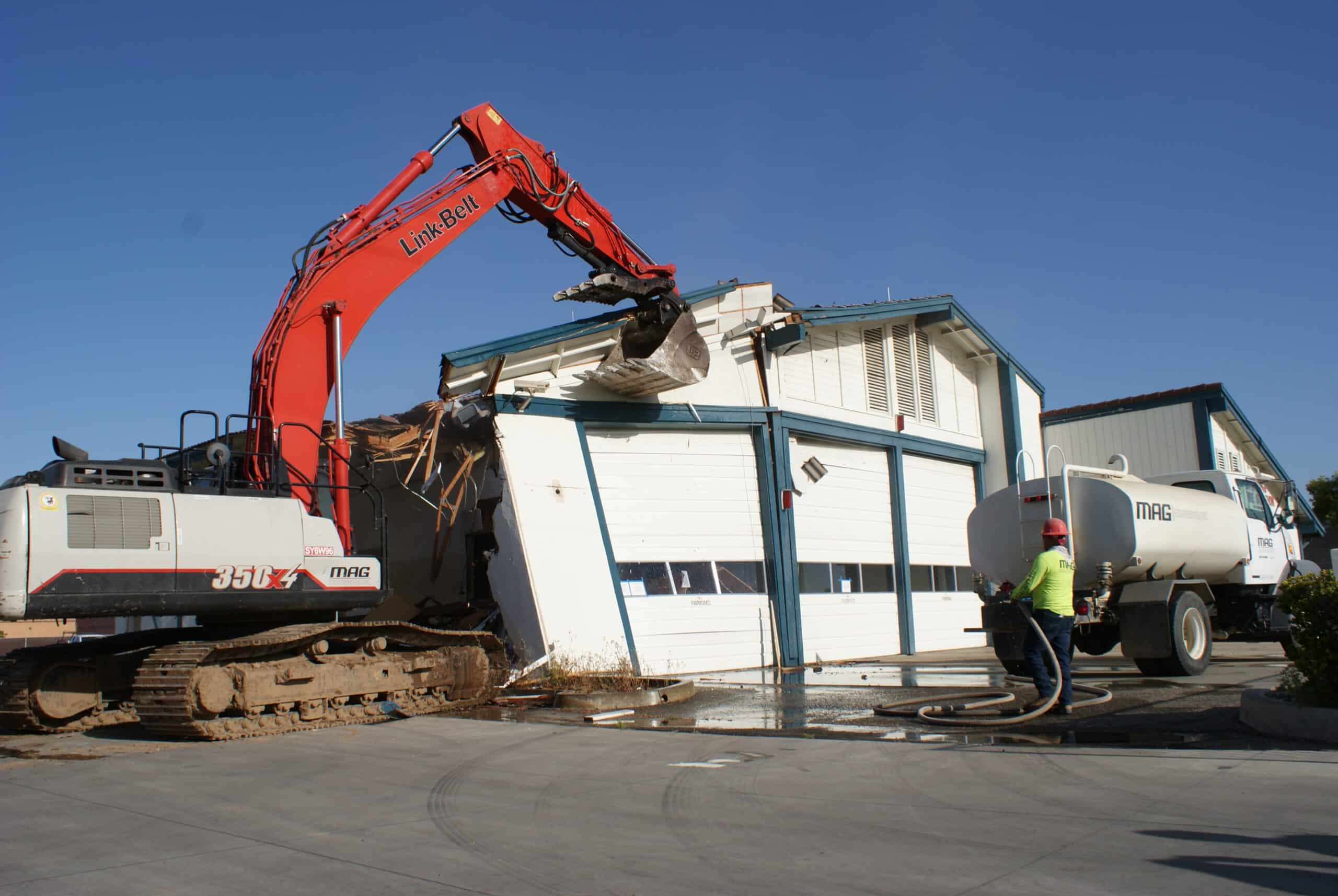Demolition services are essential for many homeowners and businesses. Demolition is the process of tearing down structures, often to make way for new buildings. But what does it involve? And how much does it cost? If you’re looking for answers, this article is for you! Let’s look at the various types of demolition services available and the factors that affect the cost. We’ll cover everything from residential demolition to total vs. selective demolition—and more. So strap in and get ready for an in-depth exploration of demolition services!
What Is A Demolition Contractor?
A demolition contractor is a professional who specializes in demolishing buildings and other structures. They are responsible for safely and efficiently removing materials, such as concrete, brick, drywall, steel, wood, plaster, insulation, etc., from a building to make way for new construction. Demolition contractors also take care of hazardous waste disposal when necessary.
Before beginning any project, they will assess the site and determine what needs to be done to complete it safely and efficiently. Finding a qualified contractor with years of experience is important to ensure your project is completed correctly.
When it comes to demolition projects, you can trust that a qualified contractor will do the job right. Ready to learn more about the different types of demolition services available? Stay tuned!
Types Of Demolition Services
Demolition services come in many shapes and sizes. From safely demolishing a building to removing hazardous materials, there’s a demolition service out there that can meet your needs. Whether you need to make way for new construction or are dealing with an emergency situation, here’s a rundown of some of the different types of demolition services available:
Residential Demolition:
Residential demolition is the process of safely and efficiently tearing down a home or other residential structure. This type of demolition usually involves heavy machinery, such as an excavator or bulldozer, to break down walls and other parts of the building. For residential demolitions, it’s important to find a contractor experienced in this type of work to ensure that all safety measures are taken during the process.
Commercial Demolition:
Commercial demolition is the process of safely deconstructing buildings, structures, or other physical objects to reuse materials or make way for new construction.
Industrial Demolition:
Industrial demolition is the dismantling and disposing of large industrial structures and their associated equipment. This can involve removing hazardous materials, like asbestos and lead, before the building comes down. Economic factors often influence the decision to demolish a structure, such as technological changes or economic downturns that may render a factory or warehouse obsolete.
Structural Demolition:
Structural demolition is a form of destruction that involves the removal of building structures through the use of heavy machinery and specialized equipment. It can also involve partial or complete dismantling, structural dismantling, and deconstruction of a building and its components like columns, beams, foundations, interior walls, and floors. The process is accompanied by controlled explosions when necessary.
Infrastructure Demolition:
Infrastructure demolition is the process of removing and demolishing old structures such as buildings, bridges, roads, and other forms of public infrastructure. This is done to make way for new facilities or renovate existing ones.
Interior Demolition:
Interior demolition is the process of dismantling structures within a building in preparation for renovation or remodeling. It typically involves removing walls and floors, tearing out cabinetry and flooring, and recycling materials whenever possible.
Exterior Demolition:
Exterior demolition is the dismantling or demolishing of portions of a building or structure. This can include the removal of roofs, windows, walls, and other features such as staircases and balconies. It is commonly due to construction, remodeling, or renovation.
Total Demolition Vs. Selective Demolition
When it comes to demolition services, you have two main options: total demolition and selective demolition. Total demolition involves the complete removal of a structure, while selective demolition involves the targeted removal of certain parts or components of a building. So which one is right for your project? Let’s take a closer look at both so you can make an informed decision.
Total Demolition
Total demolition is often used for buildings that are beyond repair or have become too dangerous to remain standing. In this type of project, the entire building is demolished down to its foundation, and any debris are removed. This type of service is more expensive than selective demolition, but it’s necessary when safety concerns require completely removing a structure.
Selective Demolition
Selective demolition is the targeted removal of certain parts or components of a building. This type of service is often used when a structure needs to be renovated or remodeled. Targeting only specific areas makes it possible to save time and money compared to total demolition.
Selective demolition can also be used to remove hazardous materials like asbestos insulation, lead paint, and other dangerous substances that may have been present in older buildings. Additionally, this service can help preserve valuable salvageable materials such as flooring, cabinets, and fixtures that can be reused in renovations or new construction projects.
When it comes to demolition services, understanding the difference between total and selective demolition is essential for choosing the exemplary service for your needs.
Whether you’re dealing with an emergency or preparing for a remodel, having a qualified demolition contractor on your side can ensure the job is done safely and efficiently.
How Much Does Demolition Cost?
When it comes to the cost of demolition services, there are a variety of factors that can influence the final price. The size and complexity of the project, as well as the type of materials being removed, all play a role in the total cost.
On average, residential demolition projects can range from $2,500 to $15,000. For commercial demolition projects, costs can vary from $5,000 to over $100,000, depending on the scope of work. It’s also important to consider whether you need total or selective demolition services.
Selective demolitions are generally less expensive and recommended for projects where the goal is to rebuild or remodel the structure eventually.
With the right contractor, you can rest assured that your project will be completed safely and efficiently—and within budget!
Why Should You Choose Mag Engineering?
At Mag Engineering, we understand that demolition projects can be complicated and require a specialized skill set. That’s why we strive to provide the highest level of service for all our clients. Our experienced team is committed to providing superior quality workmanship, safety, and customer satisfaction.
We have extensive experience in both total and selective demolition services, meaning that no matter what type of project you have on your hands, big or small, we have the expertise to get it done right. We are committed to delivering results on time and within budget while meeting all safety standards.
For all your demolition needs, trust the experts at Mag Engineering. We take pride in our work, and it shows! Contact us today for a free consultation and quote.








